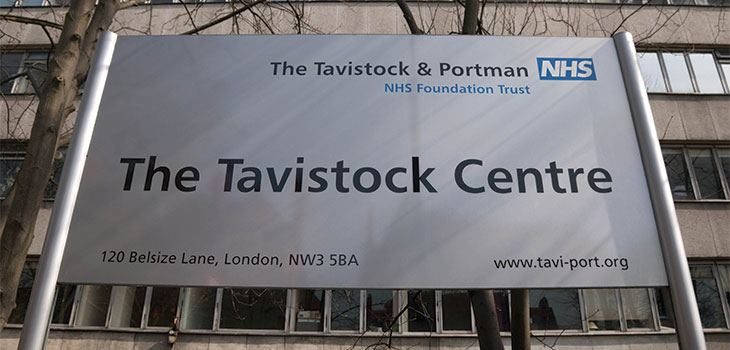
There is a worrying trend toward superficiality in public debate, even on the most serious of subjects. Dissent is frequently expressed only as an emotional response, often in a 280- character tweet, rather than through any attempt at forensic rebuttal. The emotion invariably seems to be one of self-righteous fury. Lawyers should be particularly careful lest they find themselves outside the comfort zone of their professional expertise, such as that may be, impugning the moral integrity of the High Court, and identifying malign conspiracies, while simultaneously failing to understand that the motivation of a petitioner is of no relevance whatsoever to the assessment of the merits of a judgment.
So it seemed to come to pass that the serious and careful decision in Bell v The Tavistock and Portman NHS Foundation Trust [2020] EWHC 3274 (Admin), [2020] All ER (D) 30 (Dec) was seized upon, attacked, misunderstood and misconstrued within moments of being









